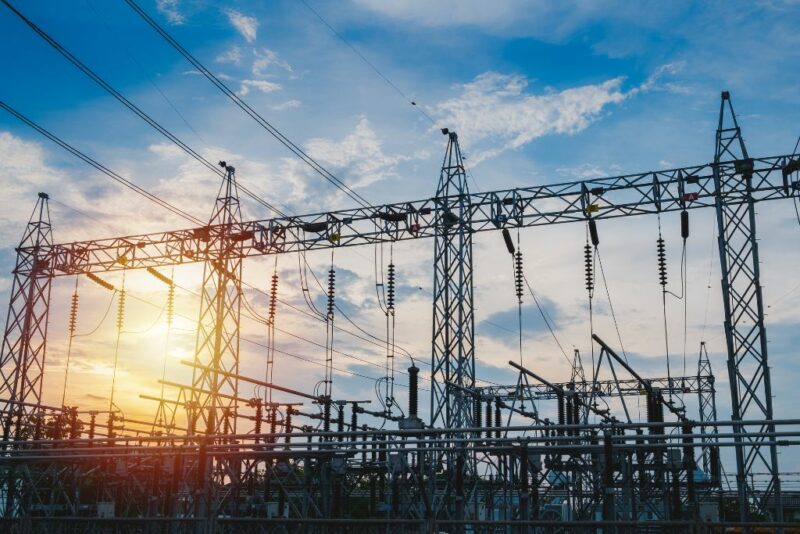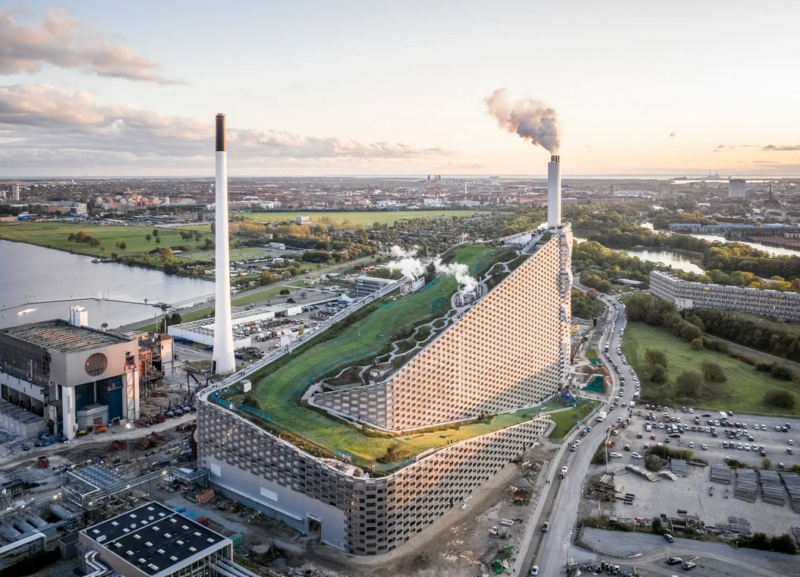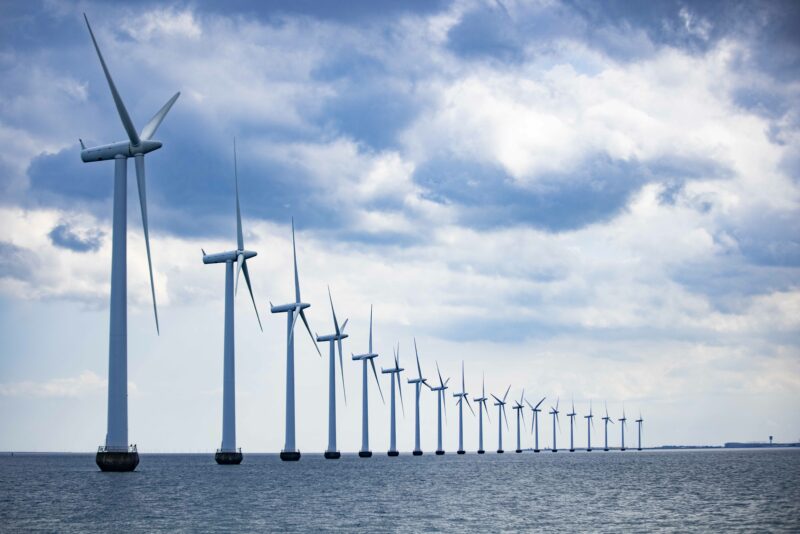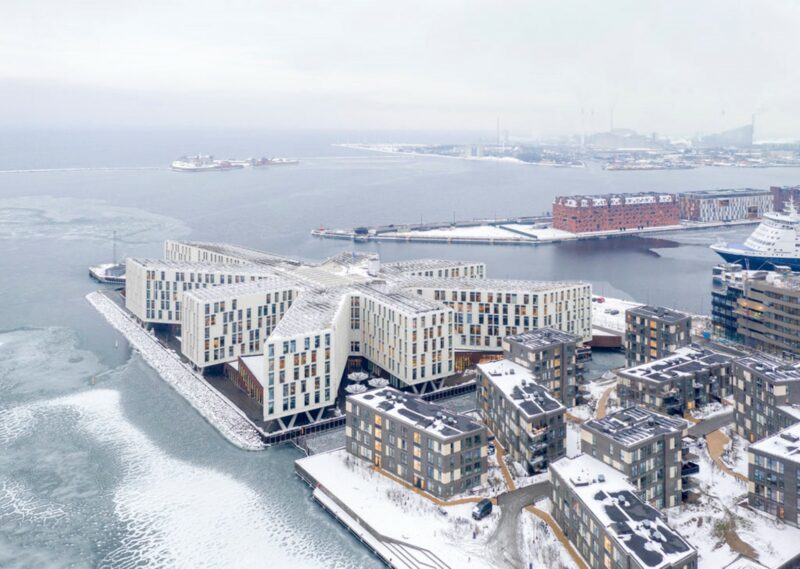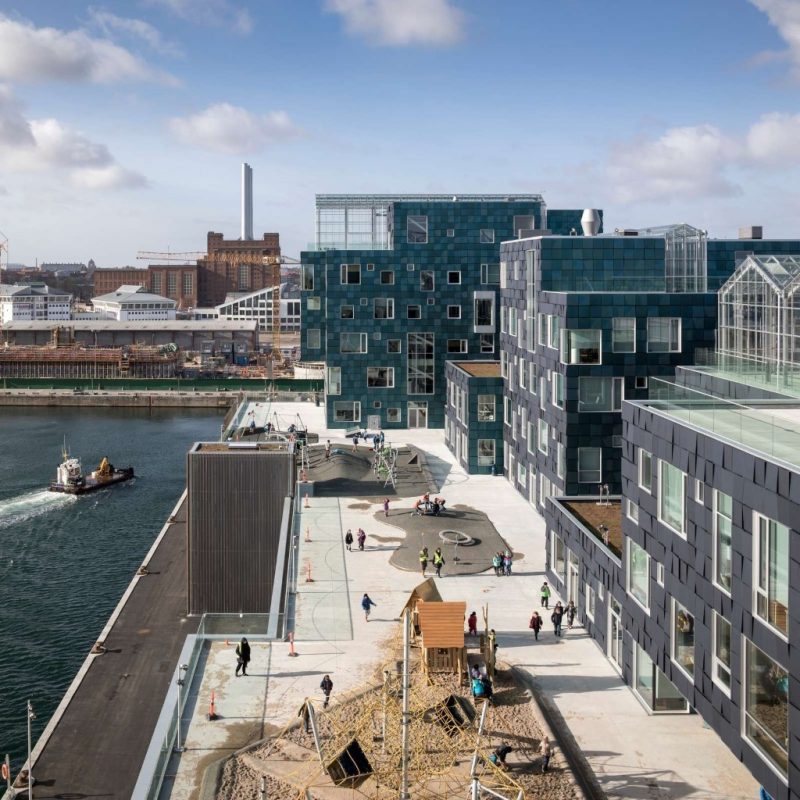News
New research report identifies Denmark as global leader in the green energy transition
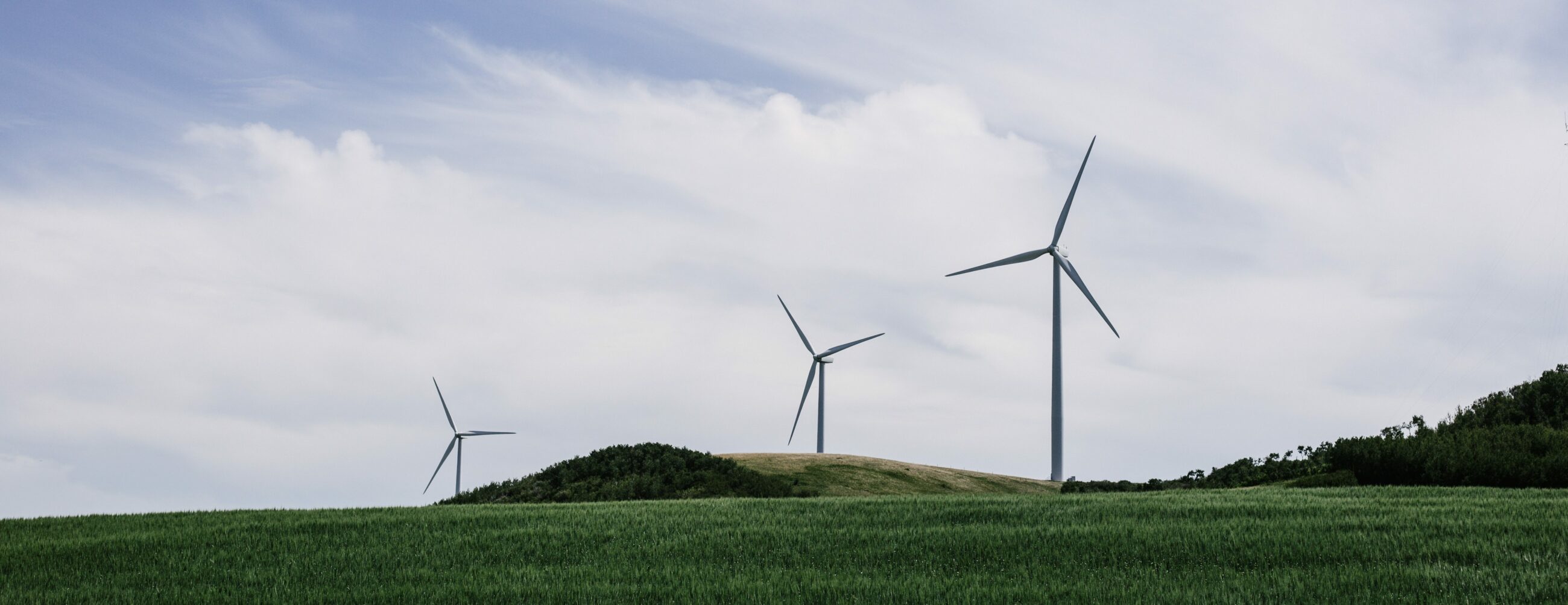

In the report “Energy Revolution: A Global Outlook”, researchers from Imperial College London assessed 25 countries, covering 80 per cent of the world’s population. The report looks at each country’s performance across five metrics, including:
- Clean power
- Fossil fuels
- Uptake and sales of electric vehicles
- Capacity for carbon storage
- Energy efficiency of households, buildings and transport
Across the five areas, Denmark is leading the way in transforming its energy system, followed closely by the UK in 2nd and Canada 3rd, the researchers found.
More specifically, the report highlights Denmark’s ability to reduce its fossil fuel support by almost 90 per cent between 2007 and 2016 – and to switch one quarter of electricity supplies from coal to gas and renewables over that decade.
[caption id="attachment_90708" align="alignnone" width="450"]
-Related news: New report: The world’s energy consumption will decline from 2035 – largely due to increased electrification
Comparing national efforts to mitigating climate change
Commenting on the findings, Dr Iain Staffell, Imperial College London, said:
“We researched how the world is progressing on uptake of the five key technologies and measures needed to limit climate change to 2 degrees Celsius.
This reveals Denmark, UK and Canada to be world leading. Progress across these five areas is very mixed. Great strides are being made in cleaning up global electricity generation, and renewable capacity is increasing rapidly all around the world.
Electric vehicles are also rapidly taking off, but still have only reached a 5 per cent share of new cars sold in two countries. Improving the efficiency of our homes and industries needs urgent effort. Significant investment in carbon capture and storage will also be needed if it is to contribute to limiting climate change, as only six countries are currently demonstrating this technology at scale.”
-Related news: Reducing C02 emissions in Europe by utilising the Danish district heating system
Wider report findings
Denmark leads global efforts to move away from coal for power generation. But many Asian countries including Indonesia, India and Japan are increasing their reliance on fossil fuels. The countries with the cleanest power systems – Norway, France and New Zealand rely heavily on hydro or nuclear power.
Europe remains the global leader in energy efficient housing. Residential homes in Portugal, Germany, Netherlands and the UK are among the most energy efficient. By comparison, rising incomes mean China and South Africa are increasing their energy intensity.
The study shows that rising incomes across the BRIC economies are displacing public transport as populations with rising disposable incomes move towards private vehicles. As a result, China, India and Indonesia have increased their energy consumption per person in transport by over 50% over the last decade.
“Energy Revolution: A Global Outlook” was commissioned by Drax Group and conducted independently by academics from Imperial College London, and consultants from E4tech, facilitated through the College’s consultancy company – Imperial Consultants.
You should consider reading
solutions
Combined heat and power production
+6
CopenHill: The story of the iconic waste-to-energy plant
20 November 2024solutions
Energy efficiency in buildings
+2

